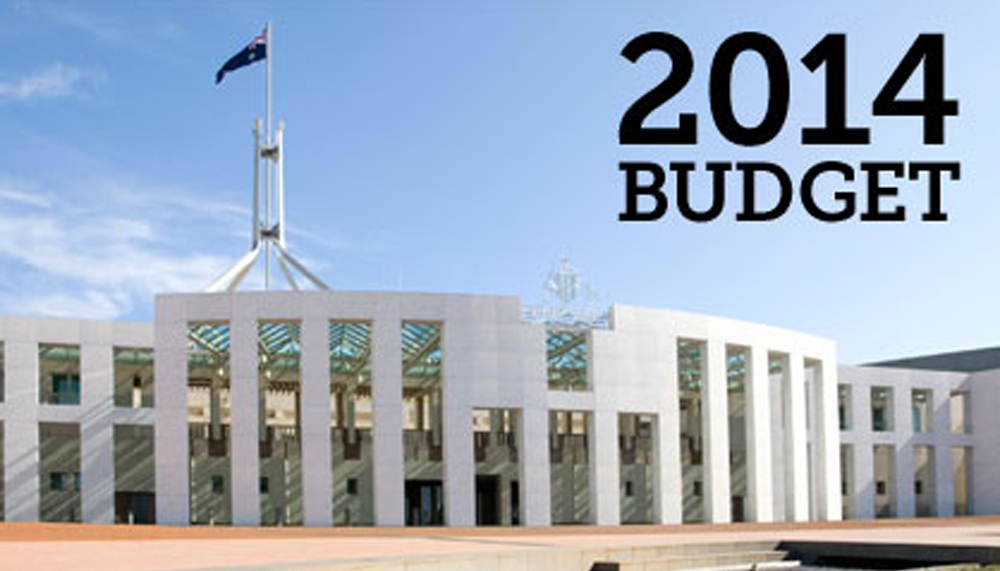Officials call Medicare co-payment ill-advised

Health budget changes ‘shortsighted’, ‘sleight of hand’, leaders charge.
Yesterday’s Budget release from federal Treasurer Joe Hockey confirmed what many expected: the introduction of a $7 co-payment. In addition, general patients will pay an extra $5 for Pharmaceutical Benefits Scheme-listed medicines. Concession card holders will pay 80¢.
Hockey confirmed that the Medical Research Future Fund would receive all the savings from the Medicare co-contribution, changes to the PBS and other new items in this ‘health budget’, until the fund reaches $20 billion.
The ANMF warned these “cuts to health won’t heal”.
ANMF Acting federal secretary Annie Butler said the PM had broken his election promise, and this would now dangerously compromise the amount of safe care the sector could provide to people across the community.
“Tony Abbott’s attack on Medicare has ripped the heart out of the Australian health system and as a former health minister, he should be ashamed of that,” Butler said. “Ultimately, it’s everyday Australians who will suffer. They will be paying $7 to see a GP and paying more every time they go to get their prescriptions filled.”
Kathleen McLaughlin, ACN executive manager, said ACN is deeply concerned that individuals and families will be burdened with co-payments they can ill-afford.
“The introduction of co-payments will undoubtedly undermine the very real principles of universal access and equity in healthcare that the introduction of Medicare enshrined,” McLaughlin said.
“Health services should be available to all members of our community on the basis of need, not the ability to pay. We already have evidence from the Australian Bureau of Statistics that 5.4 per cent of Australians who needed to see a GP in 2012–13 delayed seeing, or did not see, a GP at least once because of the cost. The introduction of co-payments and the reduction of Medicare rebates will only make this figure increase.
Alison Verhoeven, CEO of the Australian Healthcare and Hospitals Association, said the health budget “looks like a magician’s sleight of hand”, one that has shifted the burden of cost to the states and consumers.
“Evidence from numerous sources shows that the elderly and those with chronic disease are hit hardest by co-payments, resulting in them delaying or avoiding seeking care,” she said. “We should be implementing systems that improve access to healthcare for those most in need – not creating more barriers.”
She said the states and territories would be concerned over the lack of clarity around funding for hospitals.
“Health and hospital funding will be swept up into the broader review of Commonwealth-state funding relations, to be examined in a Federation White Paper,” Verhoeven explained. “In the delivery of major infrastructure and services such as hospitals, two years is a very short planning cycle and the states and territories will face major challenges as they attempt to manage their health budgets.”
The Public Health Association of Australia described the budget as regressive and short-sighted, one that hits low-income and disadvantaged Australians.
“Almost $8.6 billion will be cut from the health budget over four years,” said Michael Moore, CEO of the PHAA. “This Budget is dominated by cuts to spending in key areas that will kick people while they are down and result in an increasing burden on the health system over time.
“Many of the funding cuts appear to be short-sighted approaches that do not recognise the health and economic costs associated with the growing burden of chronic disease.”
Moore also warned of the implications of cutting funding spent on prevention, saying “it’s false economy to cut funding in these areas to achieve short-term savings”.
“As it stands, only about 2 per cent of the health budget is spent on prevention – if the government wants to reduce pressure on the health budget over time, it should be looking to increase that figure,” he said. “Instead, expenditure on prevention is reduced dramatically.”
Email: [email protected]





